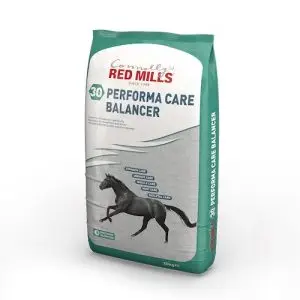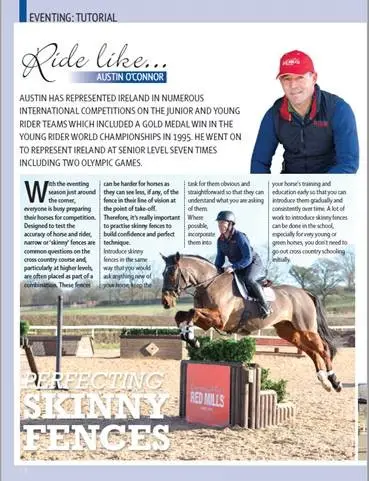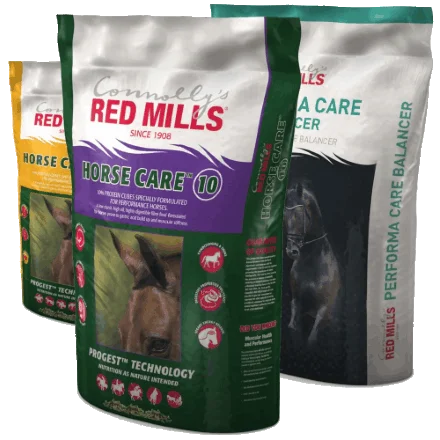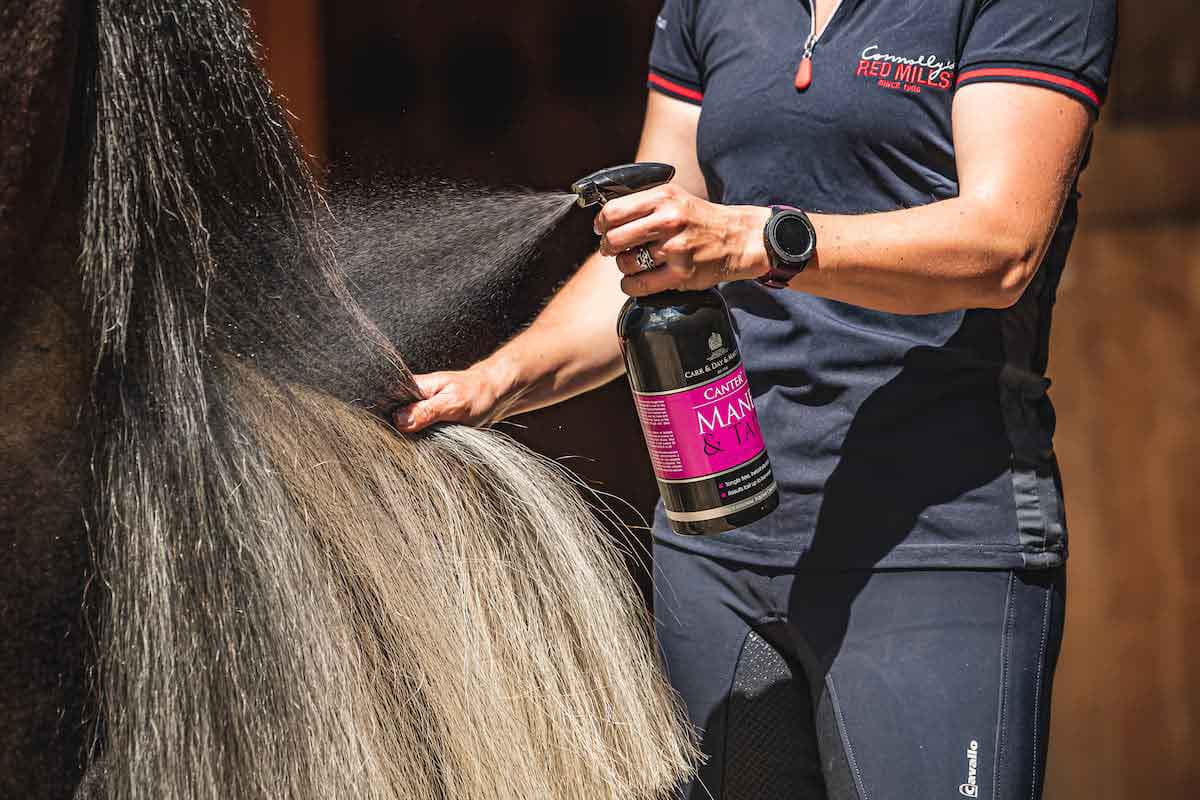In terms of equestrian sport, the next few months remain uncertain. With many equestrian events cancelled or delayed as a result of the COVID-19 pandemic, many horse owners are having to reassess their horse’s exercise and feeding regime.
Whilst some owners and trainers may choose to give their horses an earlier than anticipated rest, others plan to maintain their horses exercise and fitness so that they are ‘ready to go’ once competitions and events are rescheduled and covid-19 has passed. Depending on your individual circumstances this may mean that you simply need to adjust the amount of hard feed your horse receives, on the other hand some horses may require a lower energy ration.
Maintaining Fitness
Some owners and trainers plan to rest their horses completely for the next few months, whilst others want to keep their horses in work, even if at a slightly less intense level. A short break from exercise will have minimal impact on overall fitness. However, limited exercise over a longer period will reduce both cardiovascular fitness and muscle strength. Plus this will mean that a longer period of reconditioning is needed once the horse returns to work. To preserve the strength and suppleness of the musculoskeletal tissues exercise at least three times a week is recommended. However, depending on your horse’s current fitness, higher levels of work may be required to maintain cardiovascular fitness.
Adjusting Hard Feed
In the UK National Hunt and Point-to-Point seasons have been cut short and as a result many horse’s workloads will be reduced significantly. Similarly, many sport horse and other disciplines including endurance have announced a temporary halt to all training activities and competitions. If you have to suddenly reduce your horse’s workload you will need to adjust their calorie intake accordingly. For NH and P2P horses this may mean switching to a lower energy feed suitable for horses during periods of lay-off such as Horse Care 10 Cubes, Cool’N’Cooked Mix or Cool Feed Cubes.

For many sports horse disciplines it is hoped that competitions will resume in late April and many of us plan to continue to exercise our horses at home as normal. However, if you do find that your horses’s workload drops a little we recommend reducing the hard feed slightly and, if feeding less than the recommended intake, adding a nutrient-dense balancer such as Connolly’s RED MILLS PerformaCare Balancer to ‘top-up’ micronutrient intake. You should also continue to feed an appropriate electrolytes supplement after heavy sweating or strenuous work.
Temperament
During periods of reduced exercise, maintaining an even temperament can be challenging, particularly if the horse is already fully fit and used to daily work. To avoid excessive excitability, if not already doing so, consider switching to a lower starch feed such as our Horse Care 10 Cubes. These low starch, high fibre cubes have been specifically formulated for horses in lower levels of work and include our unique Care package to support overall health and well-being. If needed, a calming supplement such as Foran Equine Nutri-Calm Syrup, which contains L-Tryptophan, magnesium and B Vitamins, can also be added to the ration.
Digestive Health
If recent events mean that your horse will be spending more time in his stable it’s important that you keep him occupied, and his digestive system healthy, by feeding plenty of forage. The horse’s gut is naturally stimulated by movement, so if exercise is reduced and they are spending more time in their stable the risk of digestive issues (e.g. colic) may increase. To minimise these problems when possible all changes should be introduced gradually. Providing ad lib forage will help to keep the horse’s gut moving, plus it will reduce the risk of stomach ulcers, which can occur as a result of stress. There are also several ways you can extend eating time and alleviating boredom such as feeding forage in a small-holed haynet and providing a boredom ball.
All Connolly’s RED MILLS feeds are made using advanced cooking techniques to help minimise the risk of gastrointestinal problems, you can read more about our Precision Nutrition here. However, for horses prone to these issues we recommend choosing a feed from our Care Range. These feeds contain a long-lasting natural gastric buffer to support stomach health, as well as yeast and two prebiotics (MOS and FOS) to help maintain a healthy hind gut.
Remember that any changes to your horse’s diet should be introduced gradually. Sudden changes can disrupt the delicate balance of microbes in the digestive system and potentially lead to problems such as colic. Whether you are making changes to your horse’s hard feed or introducing them to a new pasture, ideally these changes should be made slowly over at least 4-7 days.
Whatever your situation, our team of nutritionists are on hand to offer helpful, practical advice; contact our expert team here.






